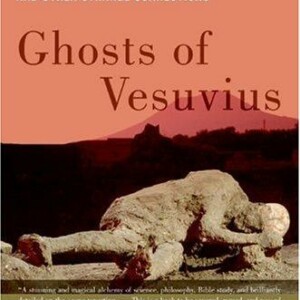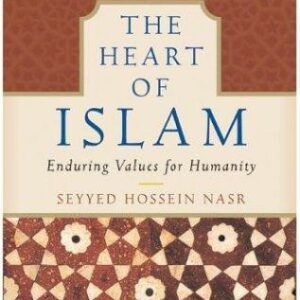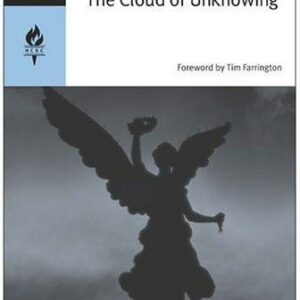How Reform Worked in China
$80.00
| Title | Range | Discount |
|---|---|---|
| Trade Discount | 5 + | 25% |
- Description
- Additional information
Description
Description
A noted Chinese economist examines the mechanisms behind China’s economic reforms, arguing that universal principles and specific implementations are equally important.
As China has transformed itself from a centrally planned economy to a market economy, economists have tried to understand and interpret the success of Chinese reform. As the Chinese economist Yingyi Qian explains, there are two schools of thought on Chinese reform: the “School of Universal Principles,” which ascribes China’s successful reform to the workings of the free market, and the “School of Chinese Characteristics,” which holds that China’s reform is successful precisely because it did not follow the economics of the market but instead relied on the government. In this book, Qian offers a third perspective, taking certain elements from each school of thought but emphasizing not why reform worked but how it did. Economics is a science, but economic reform is applied science and engineering. To a practitioner, it is more useful to find a feasible reform path than the theoretically best way.
The key to understanding how reform has worked in China, Qian argues, is to consider the way reform designs respond to initial historical conditions and contemporary constraints. Qian examines the role of “transitional institutions”—not “best practice institutions” but “incentive-compatible institutions”—in Chinese reform; the dual-track approach to market liberalization; the ownership of firms, viewed both theoretically and empirically; government decentralization, offering and testing hypotheses about its link to local economic development; and the specific historical conditions of China’s regional-based central planning.
Yingyi Qian is Dean and Professor of the School of Economics and Management at Tsinghua University in Beijing. He is a Fellow of the Econometric Society and winner of the 2016 China Economics Prize. He has served on the faculties of economics at Stanford University, the University of Maryland, and the University of California, Berkeley.US
Additional information
Additional information
| Weight | 13 oz |
|---|---|
| Dimensions | 6.0000 × 9.0000 in |
| Imprint | |
| Format | |
| ISBN-13 | |
| ISBN-10 | |
| Author | |
| Audience | |
| BISAC | |
| Subjects | gifts for history buffs, economics books, chinese history, political books, political science books, business books, history gifts, history of china, political philosophy, world politics, POL023000, historical books, history buff gifts, history teacher gifts, globalization, economic history, chinese mythology, china history, chinese philosophy, asia, HIS008000, china, politics, business, growth, Chinese, economics, asian, political science, history, economy, history books, world history, government, geopolitics, asian art, strategy, money |











